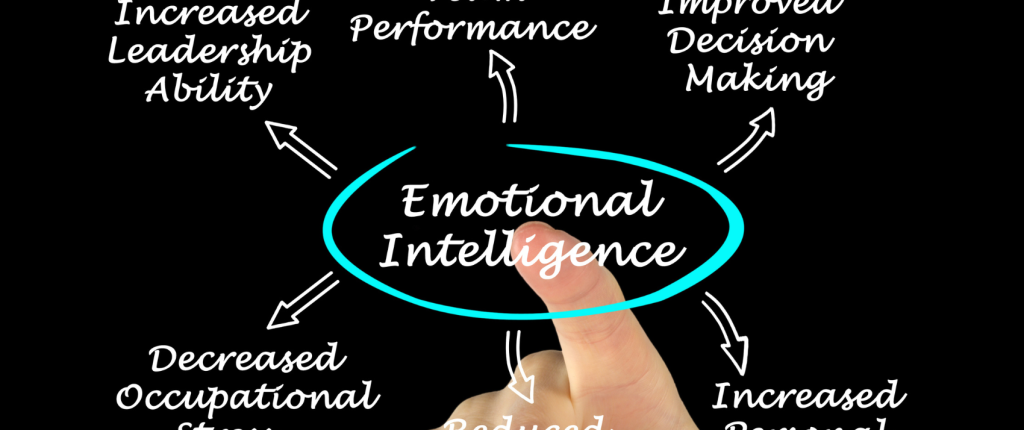70% of Fortune 500 CEOs Don’t Have an MBA—But Here’s Why You Should Consider One
In a surprising survey, it was found that a staggering 70% of CEOs leading Fortune 500 companies do not hold an MBA degree. Such a statistic might have you questioning the value of such a degree. However, let’s dive deep and explore what really sets an MBA apart in the modern world, where education and real-world experiences blend like never before.
The Evolution of the MBA Degree
Since its inception at Harvard University in the early 20th century, the Master of Business Administration (MBA) has undergone a monumental transformation. No longer confined to the rigidity of conventional business disciplines, modern MBA programmes have become breeding grounds for innovation, diversity, and adaptive learning.
The ‘Silent’ Capital: Soft Skills
Traditionally, an MBA’s focus was on hard skills such as accounting, finance, and operations management. Now, however, soft skills like emotional intelligence, leadership, and effective communication have surged in importance. A LinkedIn study in 2023 revealed that 89% of hiring failures are due to a lack of soft skills rather than technical incompetency. MBA programmes are among the few academic curriculums where soft skills are nurtured, refined, and integrated into the course framework.
ROI: Think Beyond Finances
When considering an MBA, most individuals weigh the return on investment (ROI) primarily in terms of monetary gains. While it’s true that the median salary for MBA graduates is 75% higher than those with a bachelor’s degree, ROI shouldn’t be limited to financials alone. The ‘invisible’ returns like networking opportunities, personal growth, and exposure to international business norms often outweigh the immediate salary bump. A study by the Graduate Management Admission Council (GMAC) even points to the increased job satisfaction that many MBA graduates report, suggesting that the intangible ROI is as compelling as the financial aspects.
The Rise of Specialised MBAs
We are witnessing a burgeoning age of specialisation. According to experts, the future is not just about having an MBA; it’s about having an MBA tailored to specific industry needs. Fields such as healthcare management, data analytics, and sustainable business practices are booming, and specialised MBAs are riding the wave of this demand. This is not only helping graduates to stand out but also enabling them to contribute more significantly to their chosen fields.
A Global Perspective: Unheard-of Pre-COVID
The post-pandemic world requires a more complex, intricate understanding of global systems. MBA programmes have rapidly adapted to this need, incorporating modules that examine the interconnectedness of global markets, geopolitics, and cultures. A broadened perspective is not just a bonus; it’s a necessity in today’s business landscape. Your adaptability quotient, an often-overlooked metric, rises exponentially with this wider view, making you invaluable in any setting.
Women in MBA: Shattering the Glass Ceiling
While women continue to be underrepresented in many professional sectors, MBA programmes are becoming platforms where women can break through the proverbial glass ceiling. According to Fortune Education; enrolment of women in full-time MBA programmes has reached more than 41%, a significant jump from a decade ago. These platforms offer women both the hard and soft skills needed to confront and mitigate systemic gender biases in the corporate world.
Your Future with an MBA
While it’s true that an MBA is not the only path to success, it offers a holistic approach to business education that few other degrees can match. For those considering this journey, an MBA programme offers an exhaustive curriculum designed for the new-age professional, taking into account all of the nuanced factors discussed here.
When considering your next career move, it’s crucial to look beyond the myths and understand the multifaceted advantages an MBA offers. If you’re striving for a well-rounded career development trajectory, the modern MBA is more than just a credential; it’s an investment in your future.
The Gig Economy and MBAs: An Unlikely Symbiosis
The burgeoning gig economy, characterised by short-term contracts and freelance work, may seem like the antithesis of the structured, long-term commitment of an MBA. But a surprising connection has emerged between the two. Gig work requires an assortment of skills—marketing, client management, budgeting—all of which an MBA programme happens to cover comprehensively. This turns MBA graduates into Swiss Army knives in the gig economy, equipped with a range of tools that enable them to adapt and excel.
The MBA Alumni Network: A Hidden Treasure
One overlooked aspect of an MBA programme is the strong alumni network it provides. In a 2023 report by the Association to Advance Collegiate Schools of Business (AACSB), it was noted that 65% of MBA alumni actively leverage their alumni network to discover opportunities or make strategic business decisions. Imagine having an insider’s perspective or getting real-time advice from someone who’s made it in the industry you’re keen on; that’s what a robust alumni network offers you.
The Ethical Dimension: Building Conscious Leaders
In an era of social activism and corporate responsibility, an MBA isn’t just about driving profit anymore. The curriculum now incorporates ethics and sustainability, making sure future business leaders are aware of the broader impact of their decisions. Companies are more likely to employ executives who can not only improve the bottom line but also uphold the organisation’s ethical standards, thereby enhancing brand reputation.
Lifelong Learning: The Unsung Merit
The current fast-paced business world requires continuous learning, and an MBA programme sets you up for this. You’re taught how to approach problems analytically, how to find resources, and how to continually update your knowledge. In essence, you don’t just leave with a degree; you leave with an ingrained habit of lifelong learning, making you perpetually relevant in your professional journey.
Summing It Up
An MBA degree can serve as more than just a ticket to a high-paying job; it can be a transformative experience that equips you with a broad range of skills and insights. As you’ve seen, the benefits go far beyond the financial ROI or the hard skills that are traditionally associated with this degree.
The landscape of business is ever-changing, and an MBA provides the tools to navigate it successfully. For those who are on the fence, the modern MBA can offer something invaluable: a well-rounded skill set that prepares you to tackle any challenge that comes your way, in the corporate world or beyond.
Seize Your Opportunity
If you’re contemplating a transformation that leaves no stone unturned in your professional development, consider an MBA programme. Designed for the leaders of tomorrow, it encompasses everything we’ve discussed: from soft skills and specialisation to a global perspective and ethical consciousness.
Isn’t it time you invested in the most valuable asset of all—yourself?
References
Association to Advance Collegiate Schools of Business (2023) The Evolving MBA Audience
Fortune (2023) MBA Gender Parity
Moneyweb (2023) Debunking MBA myths
Regenesys Business School (2023) Master of Business Administration

















